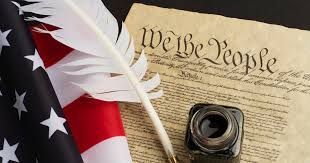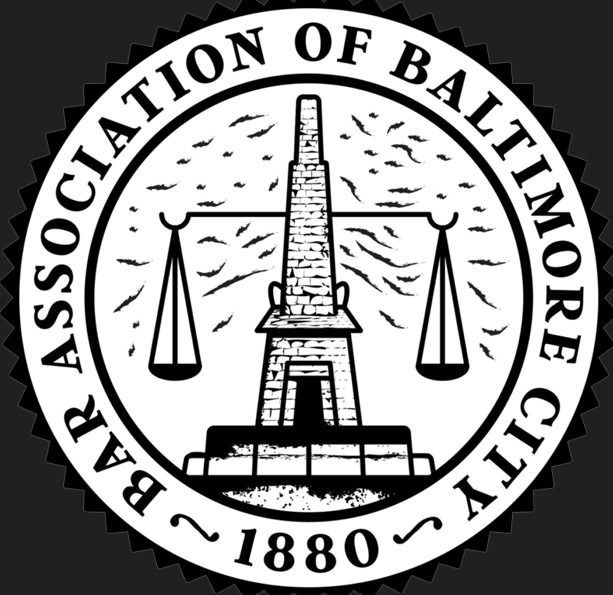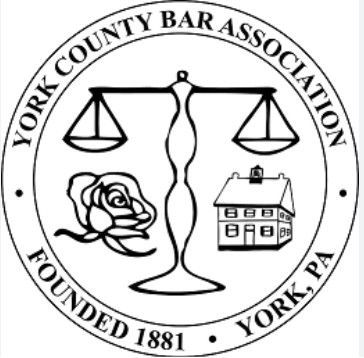January 8, 2025
It may come as a surprise to many people, but a guaranteed right to vote is not explicitly granted in the original Constitution or in the Bill of Rights. In fact, the Constitution outlines only a loose framework regarding voting and elections. The Elections Clause in Article I grants Congress and the Federal government the power to set the “Times, Places, and Manner” of congressional elections, which Congress used to establish a national election day. The Constitution also requires states to have a representative form of government including elections and majority rule. However, nothing in the original articles through the first ten amendments addresses a right to vote, leaving the issue of who may vote largely in the hands of individual states. In the early years of our nation, this led to wide variations in the voting laws between states. While most states restricted the right to vote to property owning white males, some states did allow women and even free people of color to vote. This patchwork of voting rights began to change after the Civil War when Congress passed the Fourteenth Amendment in 1868. Among other well-known portions such as the Equal Protection clause, it granted citizenship to all natural born and naturalized citizens, regardless of race, and prohibited states from restricting that right. Building on that guarantee of citizenship, the Fifteenth Amendment, passed two years later in 1870, prohibited any restrictions on the right to vote based on race. Together, these two amendments were the driving force behind the vast expansion of eligible voters in the post-Civil War years.
It wasn’t until 1920, when Congress passed the Nineteenth Amendment, that women were finally granted the right to vote. However, as voting rights were expanding on paper, low-income citizens of all races were increasingly unable to vote as states implemented poll taxes. These fees created a barrier to voting for those unable to afford the tax. In response to the proliferation of these restrictive policies, Congress passed the Twenty-fourth Amendment explicitly banning poll taxes. And finally, the Twenty-sixth Amendment passed in 1971, extended voting rights to all citizens over the age of eighteen.
Without these amendments advancing the progression of voting rights through our history, many of us would still not have the right to vote. This week, take advantage of these hard-fought rights and exercise your right to vote.













